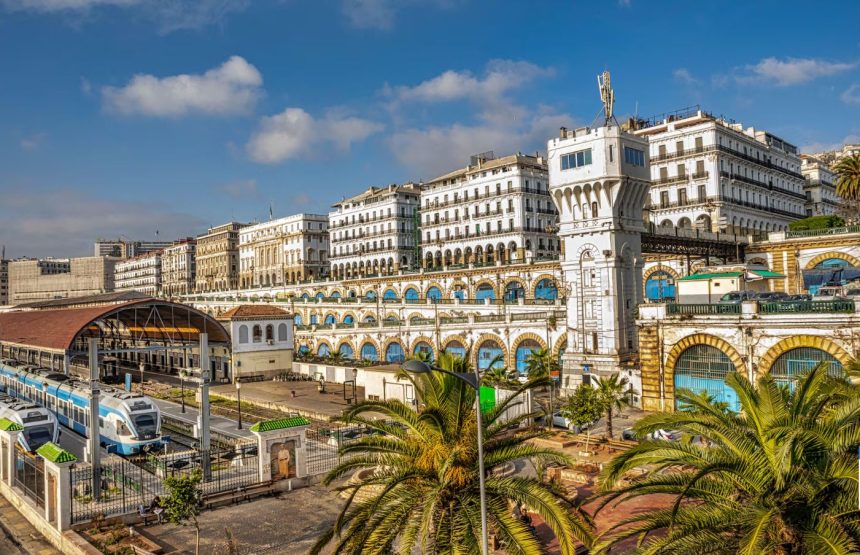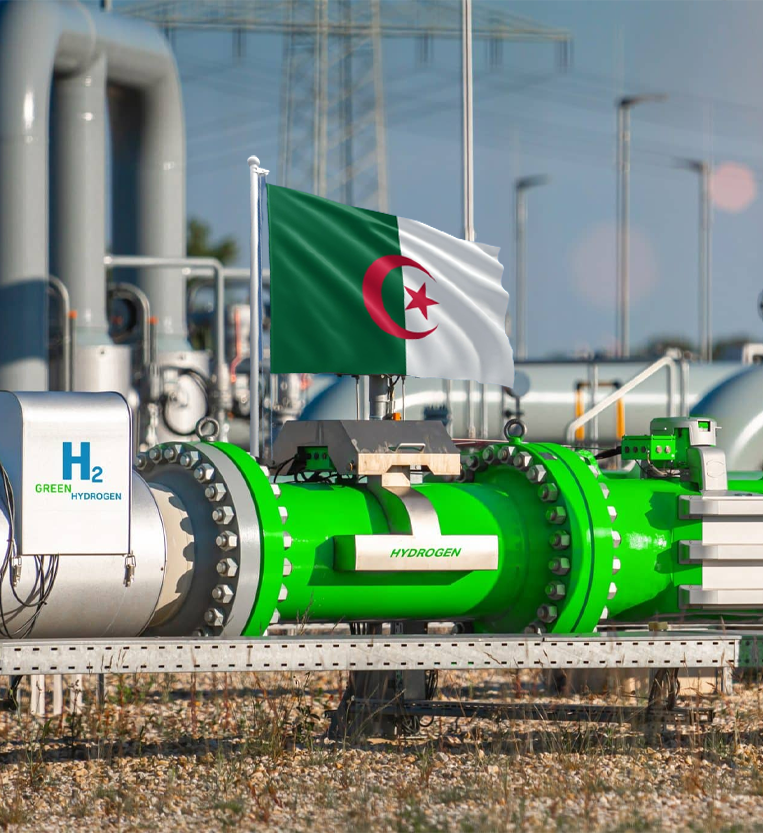BY: Hana Saada
ALGIERS- The aftermath of the Al-Aqsa Flood operation has sent shockwaves through Morocco, imperiling the Kingdom’s economic stability. Initially filled with optimism regarding the “positive” outcomes of the normalization agreements inked with the Zionist entity, the Alaouite Palace is now grappling with catastrophic repercussions stemming from fast-paced geopolitical developments on the ground that threaten to dismantle the normalization process.
Over the past three years, Morocco has cultivated close relations with the Zionist entity, but this alliance is now in jeopardy as the settler state becomes embroiled in an enduring war of attrition. The relentless attacks launched by resistance brigades have delivered painful blows to the normalization process, prompting the occupation army to adopt a defensive posture and indefinitely postpone the implementation of crucial security and military agreements with Morocco.
As a result, the warhouse of strategic and tactical weapons from the Zionist entity will remain shut, putting a halt to plans for a military base near the Algerian border and the production of weapons. This development, as reported by the media, enhances the Polisario Front’s chances of achieving military progress on the ground. Simultaneously, the Algerian stance on the Sahrawi issue is poised to strengthen in the face of dwindling normalization prospects. The surge in support for the Palestinian people’s right to self-determination, including the establishment of their state on the 1967 borders with Al-Quds Al-Sharif as its capital, bodes well for the Sahrawi people, who share the Palestinian cause as their own.
The recent series of events has severely impacted tourism between Morocco and the Hebrew entity. The declaration of a state of emergency is expected to deter Jewish tourists from visiting Morocco, potentially causing a significant downturn in the Kingdom’s tourism sector.
Moreover, the exchange of goods between the two parties is also likely to deteriorate, with the Makhzen’s economy facing a sharp decline as revenues from the Zionist entity dwindle. This points to a looming crisis on the social front, as the Makhzen regime finds itself ill-equipped to bridge the substantial economic gap it has created. Normalizing relations with an entity plagued by incessant crises has left Morocco with a precarious economic situation. The only way forward may be to seek out more stable and secure economic partnerships with other countries.




